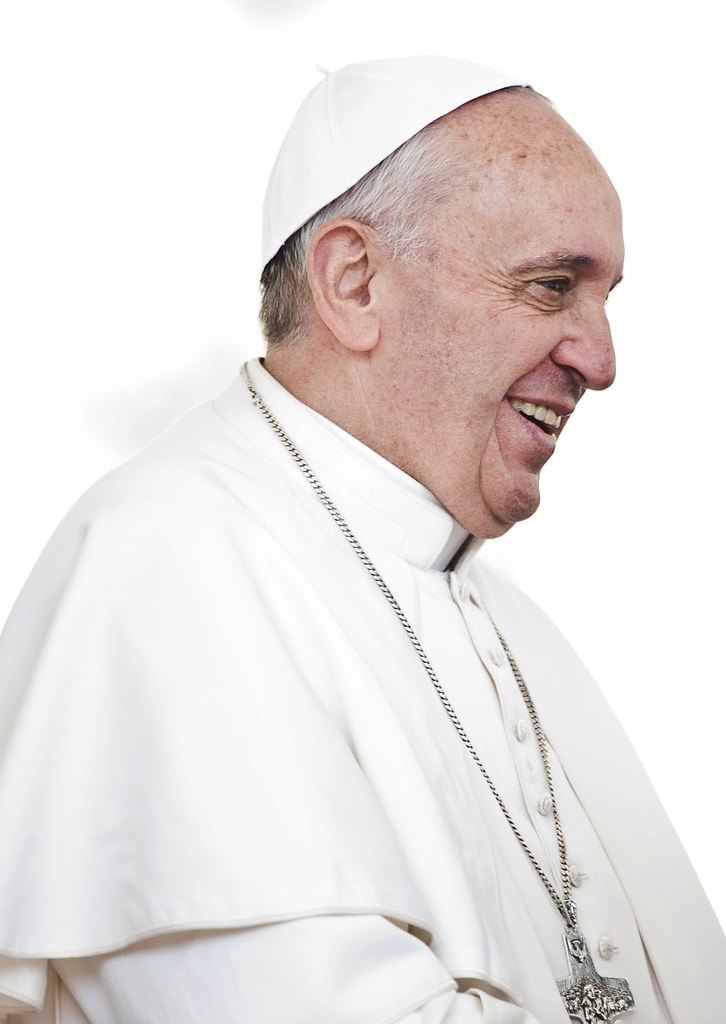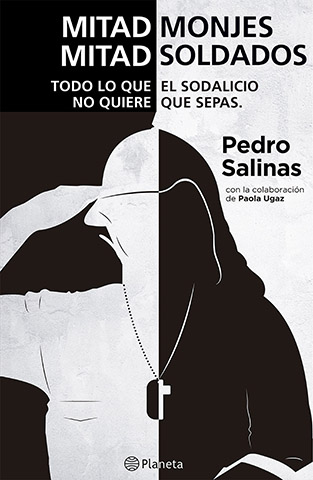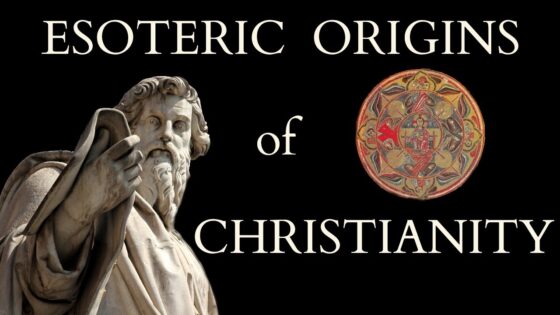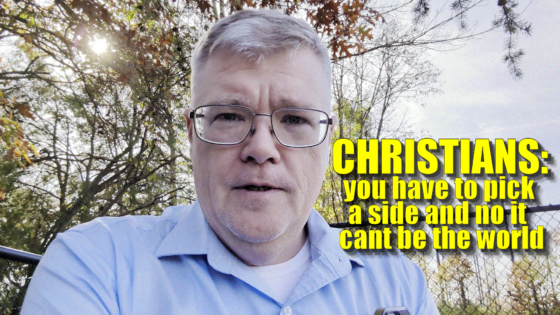Pope Francis has made the significant decision to disband the Peruvian-based Catholic movement, Sodalitium Christianae Vitae (SCV), following years of reform efforts and a Vatican investigation that revealed sexual, financial, and spiritual abuses by its leaders.

The dissolution was confirmed by the SCV on Monday after being announced at an assembly in Aparecida, Brazil, by Cardinal Gianfranco Ghirlanda, Pope Francis’ leading legal advisor. The group criticized two members for leaking the decision, resulting in their expulsion. While acknowledging the leak’s basic truth, SCV noted several unspecified inaccuracies in reports by the Spanish-language site Infovaticana.
The Vatican has yet to officially comment on the matter. Dissolving a pontifically recognized religious movement is an extraordinary step, especially for a Jesuit pope, considering the historical suppression of the Jesuit order in the 18th century.
The SCV, established in 1971 as a conservative counter to the liberation theology prevalent in Latin America, once boasted around 20,000 members across South America and the United States, with significant influence in Peru and a presence in Denver, U.S.
Abuse allegations first surfaced in 2011, but it was not until Pedro Salinas, a victim, co-authored “Half Monks, Half Soldiers” with journalist Paola Ugaz in 2015 that significant action was taken. The book highlighted the abuses within the group. A 2017 internal investigation confirmed that the founder, Luis Figari, had committed severe abuses.

After attempts at reform failed, Pope Francis dispatched Archbishop Charles Scicluna and Monsignor Jordi Bertomeu to conduct an investigation. Their findings led to the expulsion of Figari and ten senior members last year, revealing deep-seated issues including economic mismanagement and harassment of critics.
Pedro Salinas commended the decision, though he noted it was overdue by 25 years. He praised the efforts of the investigators, the new Vatican prefect for religious orders, Sister Simona Brambilla, and Pope Francis for his commitment to ending the culture of impunity.
The future of SCV’s assets remains unclear, with victims advocating for these to be used for compensation. According to canon law, only the Vatican can decide on the disposition of these assets.
Renzo Orbegozo, a former member from Texas, expressed relief at the dissolution, hoping it would lead current members to recognize the deception they experienced. This sentiment was echoed by Lima’s Archbishop, Cardinal Carlos Gustavo Castillo Mattasoglio, who described the SCV as a “failed experiment” and suggested it represented a fascist political project within the Church.
Pope Francis’ decision to dissolve SCV contrasts with the approach of Pope Benedict XVI, who chose to reform rather than suppress the Legionaries of Christ, another controversial conservative order, despite similar issues.
Source: Pope dissolves Peru-based conservative Catholic movement after abuses uncovered by Vatican





